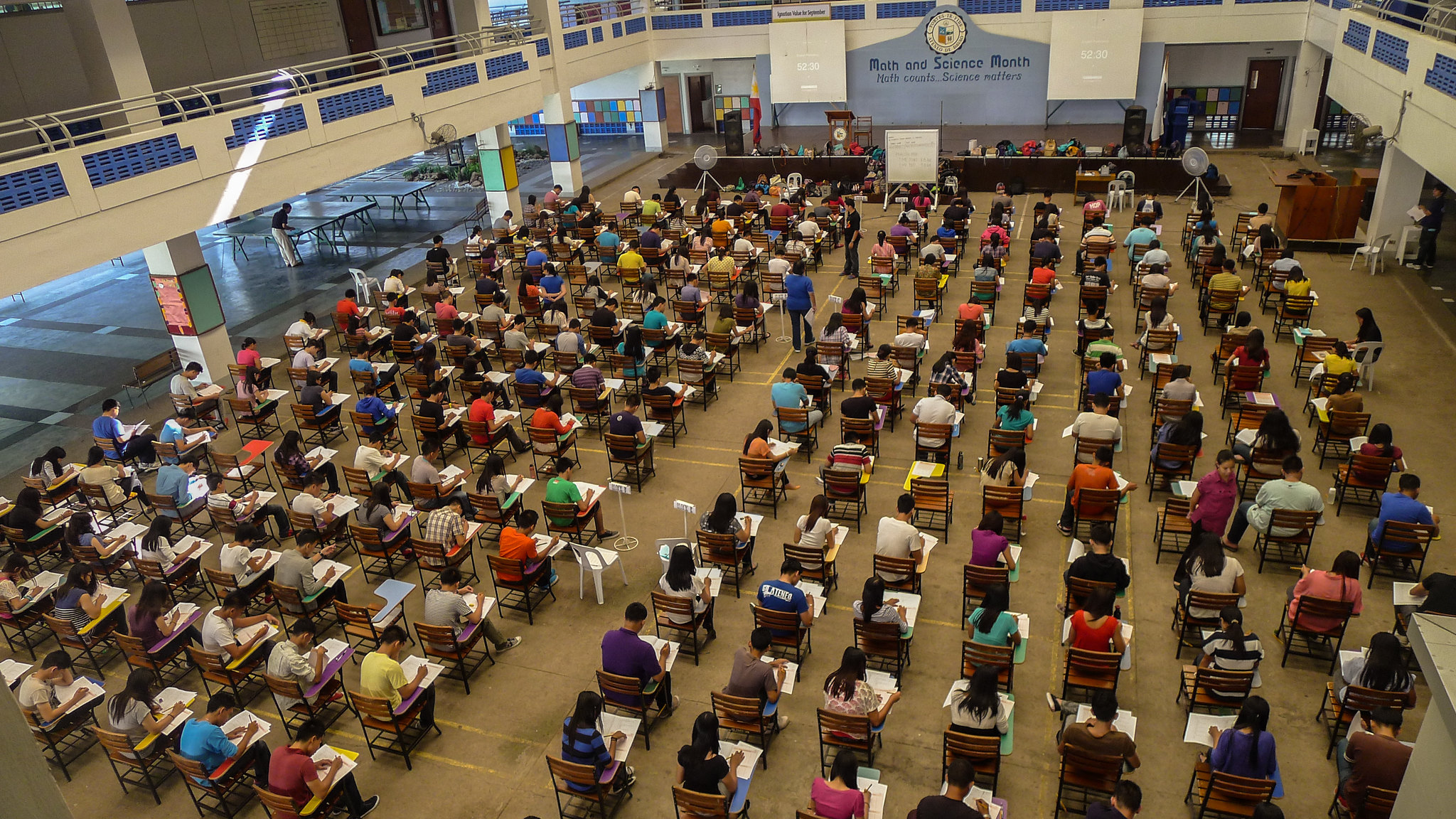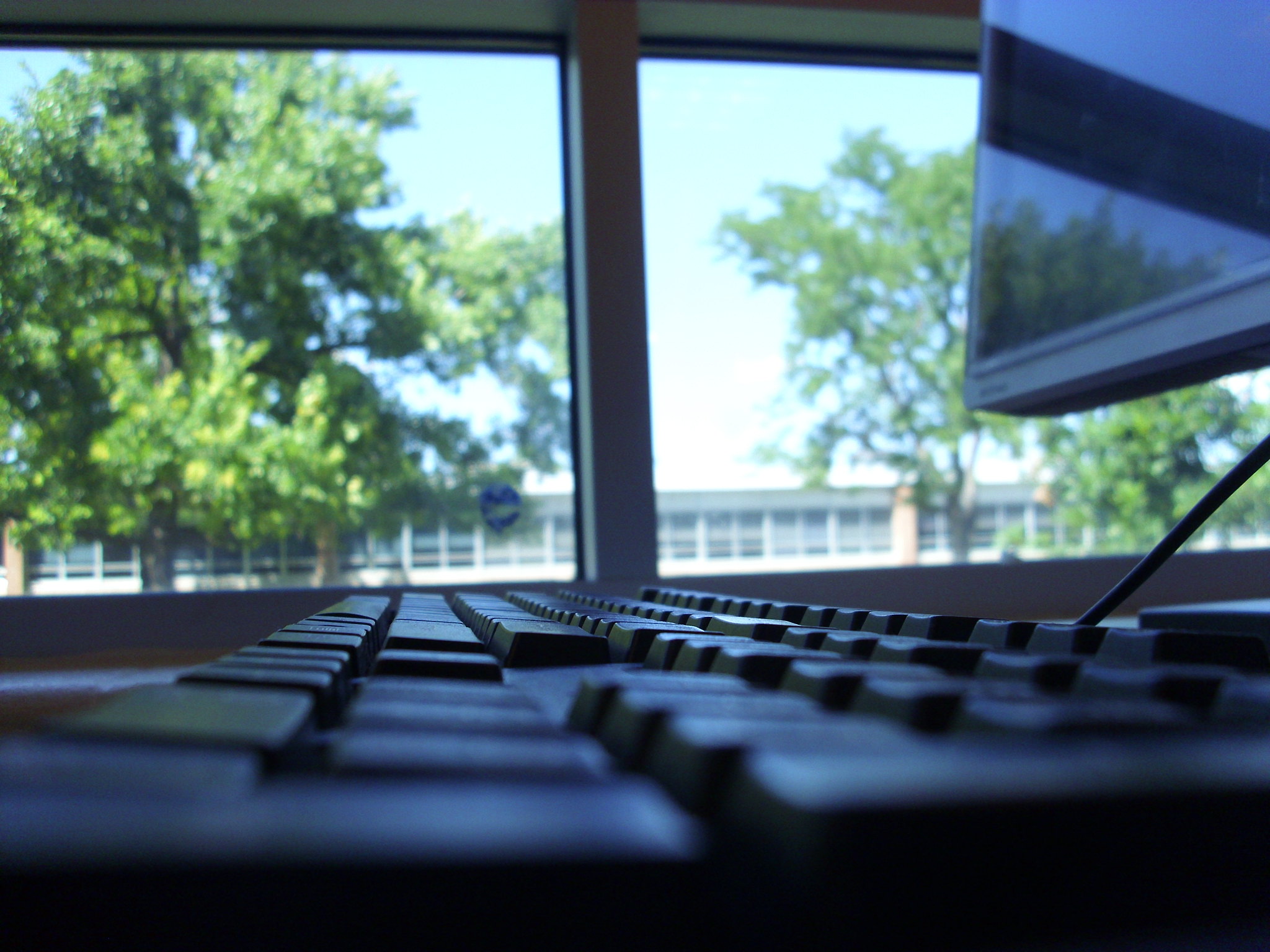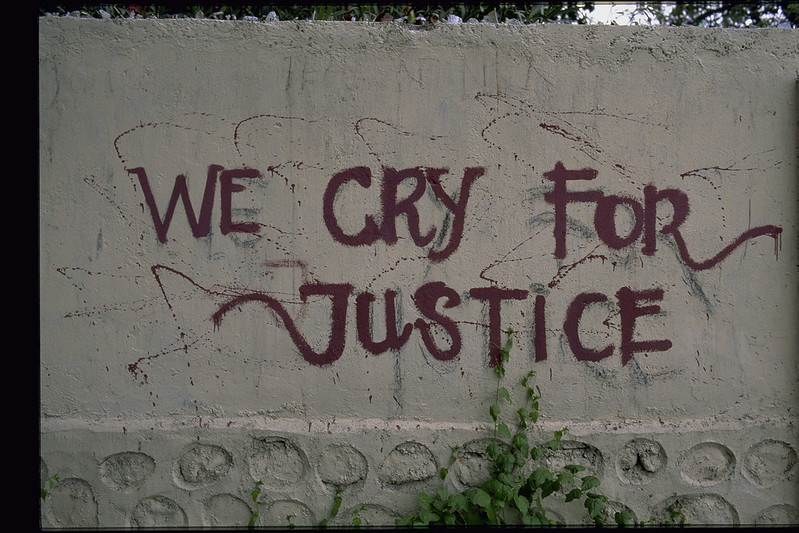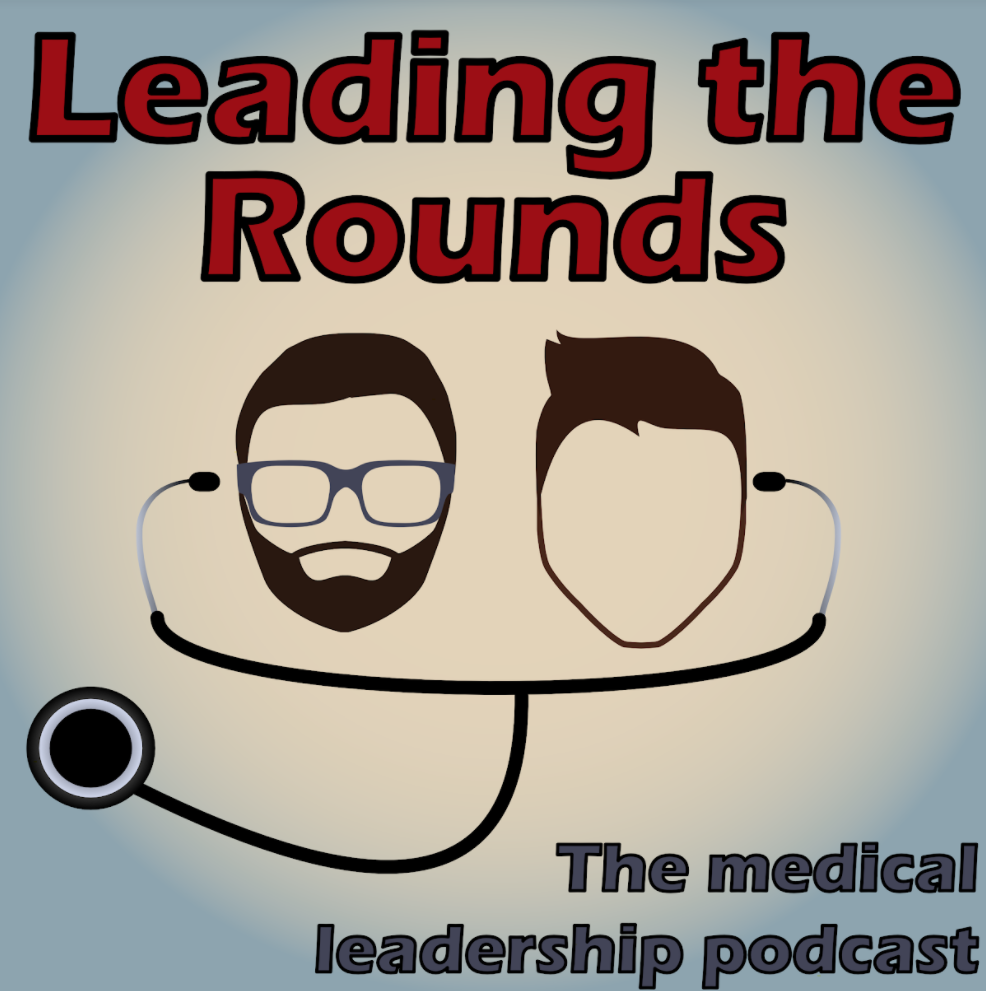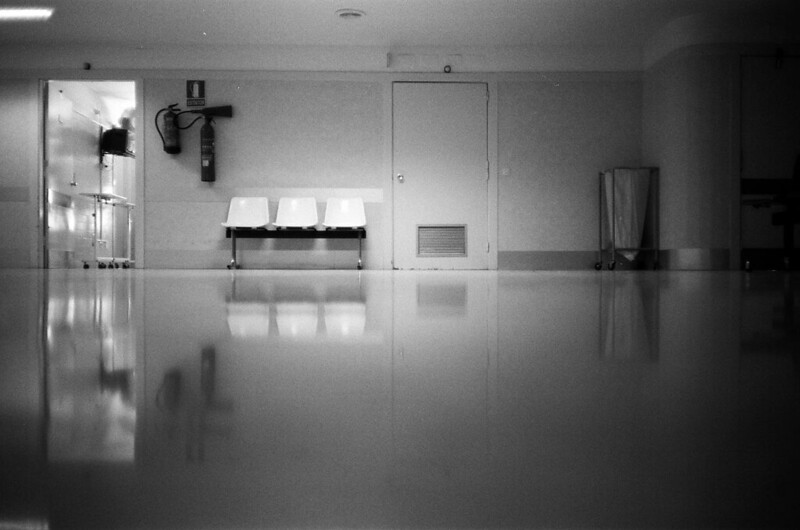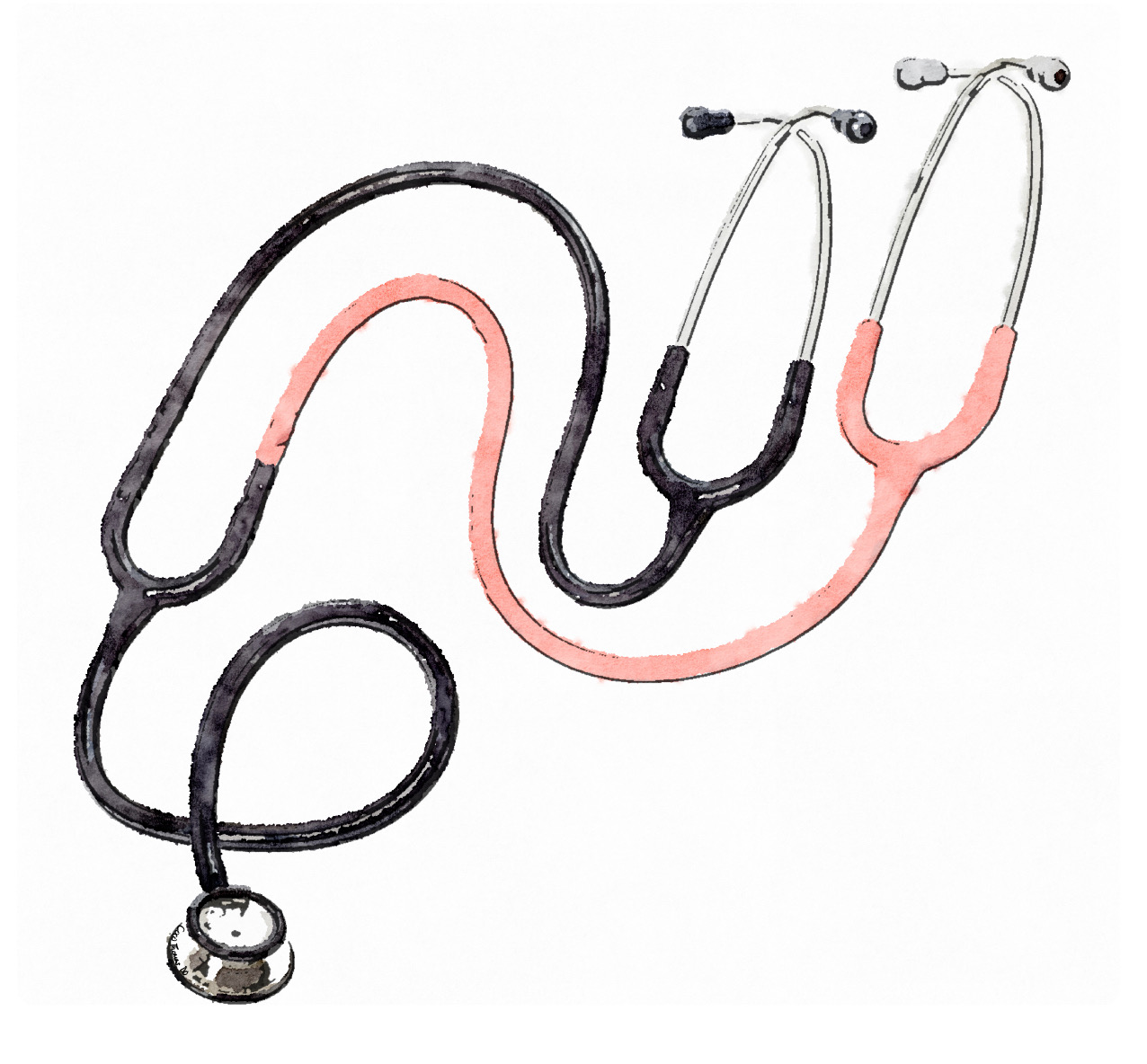How “It’s” Made — Doctor’s Edition: Comparing American and Chinese Medical Education
Gather a group of American and Chinese first year medical students in one lecture hall, and you will notice some obvious differences right away. The Americans will likely be older with more work experience under their belt already. There will be more women on the Chinese side, and most have been full-time students all their lives. Dig beyond appearances and ask them what their daily curriculum consists of, and you will find even more interesting differences.

